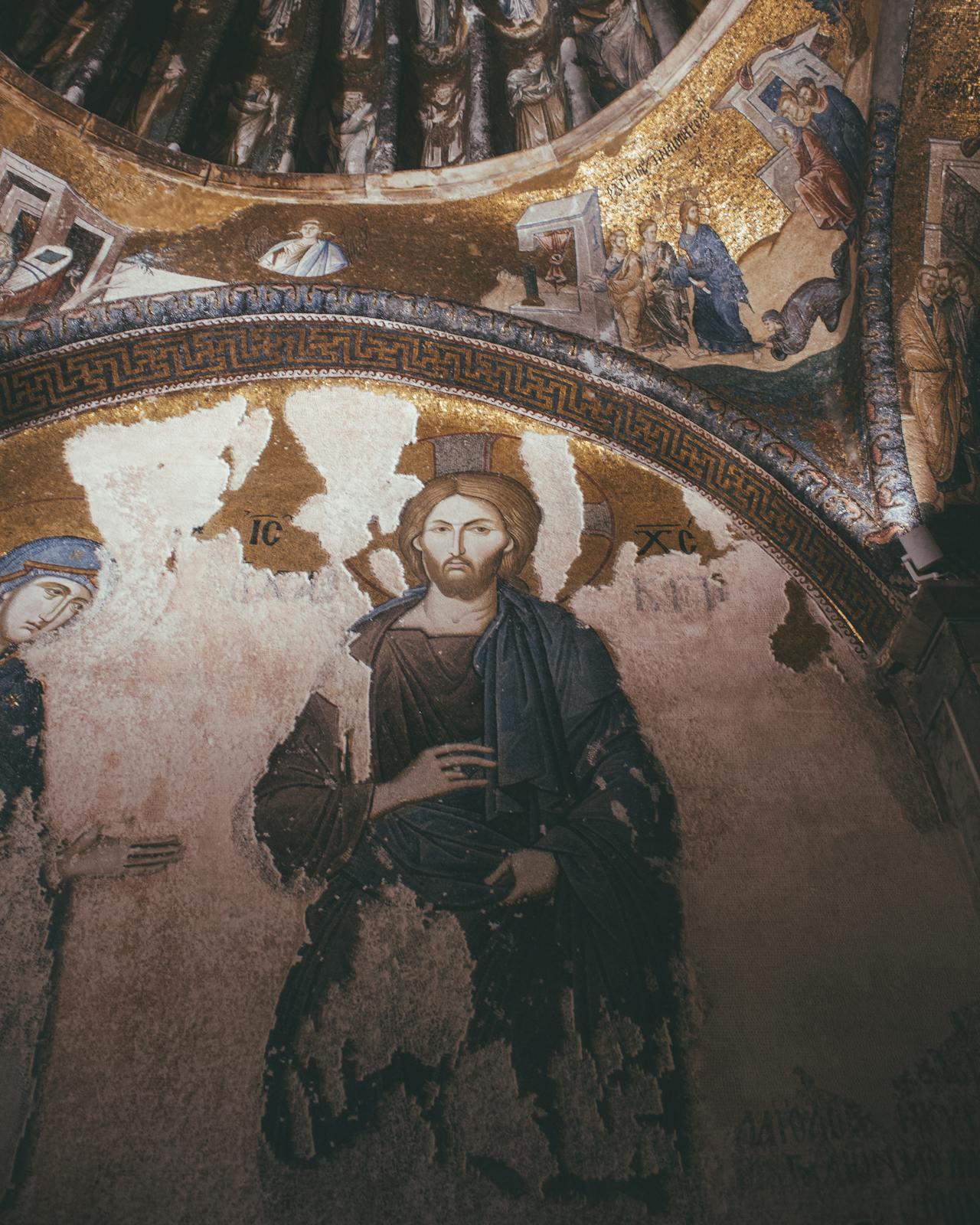The path of prayer is marked by hurdles and struggles that need to be overcome and faithfully endured. Prayer is the long spiritual walk that leads us out of ourselves and its fallenness and into the presence of God and his enduring peace.
While distractions and dryness are a part of the battle, there is a still more silent and debilitating struggle that rumbles in the heart. The most intense challenge to prayer is the interior question of faith. The demands of prayer push us to the edge and call for us to make a declaration of belief in God, his goodness, and his care for us.
The Catechism of the Catholic Church teaches: “The most common yet most hidden temptation is our lack of faith.”
Prayer compels us to put the things of God first. Many times, however, the fallen heart is not willing to put God first. Other tasks and interests choke out the call to prayer.
The Catechism explains: “[Our lack of faith] expresses itself less by declared incredulity than by our actual preferences. When we begin to pray, a thousand labors or cares thought to be urgent vie for priority; once again, it is the moment of truth for the heart: What is its real love?”
Prayer strips away lip service and exposes the real priorities of our heart. There is no spin, equivocation, or rationalization in the presence of real prayer. There is the summons and there are the reasons why it was not accepted. The call to prayer, therefore, always presents us with an examination of conscience. Why do all these other things take priority over my time with God? Where is my heart?
Prayer can be woefully neglected, until we find ourselves in great need. We have allowed the call to prayer to be muted in our hearts, but then some suffering reignites it. The response in such circumstances can be noble, but it comes with many questions.
The Catechism observes: “Sometimes we turn to the Lord as a last resort, but do we really believe he is? Sometimes we enlist the Lord as an ally, but our heart remains presumptuous. In each case, our lack of faith reveals that we do not yet share in the disposition of a humble heart: ‘Apart from me, you can do nothing.’”
Whether it’s distraction, dryness, or a lack of faith, we stand before the living God, who loves us, and are given an invitation from him to pray, to spend time with him.
And yet, on top of all the other struggles, there is the foundational, hit-the-pavement temptation to acedia, which is a spiritual laziness that refuses to give even a most minimal “yes” to God and his call to prayer.
Acedia is a form of presumption, which is an egregious offense that relies on God’s understanding and mercy as a means to reject him and rebel against his ways.
The Catechism teaches: “Another temptation, to which presumption opens the gate, is acedia.”
The spiritual tradition places acedia in the realm of melancholy, a form of spiritual depression, since the soul loses it way when it is not with God. The Catechism observes: “The spiritual writers understand by [acedia] a form of depression due to lax ascetical practice, decreasing vigilance, carelessness of heart: ‘The spirit indeed is willing, but the flesh is weak.’”
In acedia, the soul gets stuck in itself. It loses the strength to love. It abandons hope. It has no motivation to believe anything. The soul has become a self-made orphan.
The Catechism explains: “The greater the height, the harder the fall.”
Acedia attempts to suffocate the soul and it undergoes great distress and discouragement. And yet, the discouragement can be a path back to God. The Catechism teaches us: “Painful as discouragement is, it is the reverse of presumption.”
Our discouragement shows that the heart wants more, the soul needs more. Discouragement can compel the soul to leave its misery and once again turn to God. It is the smallest act of humility that can reinvigorate a melancholic soul. It is the smallest act of trust that can rejuvenate a depressed soul. And so, the Catechism explains: “The humble are not surprised by their distress; it leads them to trust more, to hold fast in constancy.”
It is the humble who want to see God. It is humility that breaks shackles and frees the soul to pray and pursue God.
For spiritual help and resources on prayer, visit Daily Discipleship with Father Kirby.













